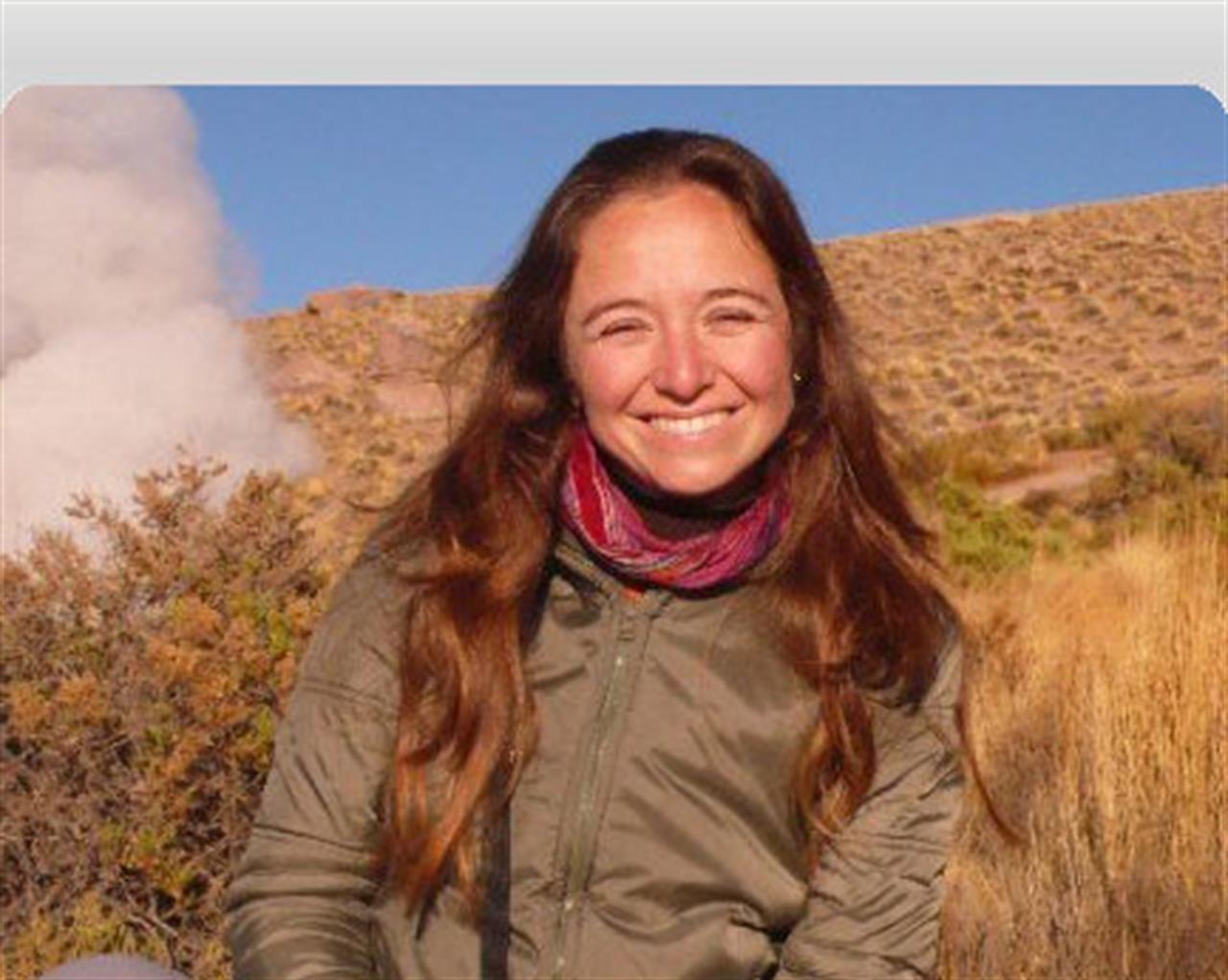Non profit
Erika Olavarría Wittwer: Changing the world with technology
Journalist by profession but with a very clear goal in mind: to help make the world a better place.

Erika Olavarría Wittwer, 33, is Chilean and has lived in Spain for 7 years. First, studying an MA in international relations and development and now working as the head of communications at Iwith.org, a foundation that specialises in providing non profits with web based solutions that fit their social missions.
How? First of all with the technical know how. But also by helping NGOs to meet the financial commitments that internet empowerment inevitably requires. Finally, Iwith.org is, at least in Catalunya, a third sector opinion leader that is very active in the third sector, working closely with Universities and strong on networking. This means that Iwith.org isn’t just a web specialist, but a real non profit player.
What is the philosophy behind Iwith.org?
The foundation’s padronato (founders) are a group of IT specialists who believed from the start in the power of the internet as a development tool. During the initial boom of web based technologies there was a widespread fear that the digital divide would make the poor poorer and the rich richer, so Iwith.org was founded with the aim of bringing internet closer to the people. We are not a traditional development NGO – we do not sponsor projects that directly impact the process of development in poor countries, but through our work we enable NGOs to carry out their work more effectively. An internet platform build especially to suit their needs allows them to show their work to the world, to source resources, spread information, gain support, make a name for themselves and communicate their mission to the world more effectively. Basically, we use technology to change the world!
What specific web based tools do you provide NGOs with?
For starters, web pages. Then there are the forums and the campus. The campus is for online education and is a really important part of what we do. You have to remember that in many parts of the world people do not know how to use the internet, so the first step is training them in the basics and demonstrating the potential of the web. That way, the people that have taken the course can take their knowledge back to their communities.
You work with non profit organisations from across the world. Can you give a few examples to illustrate how Iwith.org has help NGOs deliver their social goals?
One of my favourite projects is Coneixmon (www.coneixmon.org), founded by a young Catalan journalist, Damià Caro, who, after travelling to Brazil decided to set up an association to promote responsible tourism. Iwith.org offered him an internet site that adapted itself perfectly to his needs, including a radio application. His website has been a huge success and is very active both as an information platform and as a place to find new opportunities. I like this example because before, Damià was just an individual and now he is in charge of a truly functioning organisation! And all thanks to a website …
Another example is the Accdv (www.accdv.org/es), a Catalan association that helps the blind and the visually impaired. Although it may sound strange, internet is a really important tool for people with eye sight difficulties as they often have a lot of trouble accessing information. Iwith.org upgraded their website with features like audio story books and through the forum hundreds of blind people across Catalunya can connect to each other. This collaboration worked both ways, in the sense that it was a tremendous opportunity for us to improve the range of services for people with disabilities.
Finally, there is Assas, an organisation we are working with in Burundi. We are working with them particularly in the training department
What are the main obstacles to working with NGOs?
Limited technical knowledge and the digital divide. The main problem is people’s fear of technology, they close their minds to it. As soon as people have the desire to learn then it is easy to teach them, especially with all the tools we have today – email, skype and video conferencing to name a few.
Is the digital divide here to stay?
No, I don’t think so. With the help of work such as that carried out by Iwith, with the spread of Web 2.0 and maybe even 3.0 someday everybody will have access to the internet.
Find out more
Vuoi accedere all'archivio di VITA?
Con un abbonamento annuale potrai sfogliare più di 50 numeri del nostro magazine, da gennaio 2020 ad oggi: ogni numero una storia sempre attuale. Oltre a tutti i contenuti extra come le newsletter tematiche, i podcast, le infografiche e gli approfondimenti.
